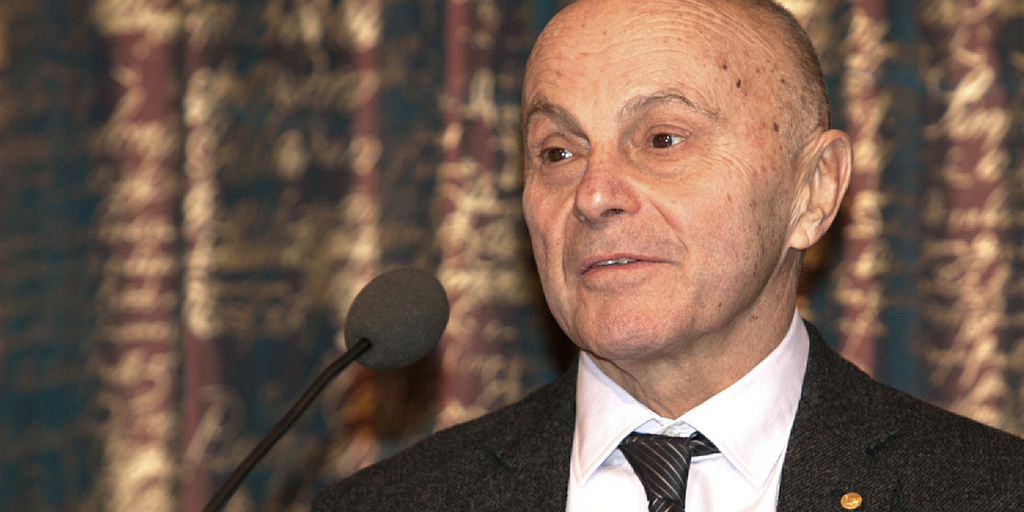A Nobel-winning economist has predicted that Bitcoin will go to zero within 10 years.
Eugene F. Fama, who is often dubbed as “The Father of Modern Finance,” told the Capitalisn’t podcast that this digital asset’s rise has “a predictable ending.”
He argued that it would prove “unsustainable” to have a whole financial system built using blockchains because this would require too much computing power—and “all we know about monetary theory” suggests cryptocurrencies shouldn’t survive.
“Cryptocurrencies are such a puzzle because they violate all the rules of a medium of exchange,” Fama said. “They don’t have a stable real value. They have highly variable real value. That kind of a medium of exchange is not supposed to survive.”
With a fixed supply of 21 million coins, Bitcoin has been positioned as a form of “digital gold” and a hedge against inflation, rather than a cryptocurrency suited to everyday payments. But this argument doesn’t hold much weight with Fama either.
“It’s only digital gold if it has a use. If it doesn’t have a use, it’s just paper. Not paper, it’s air, not even air,” the economist said.
Bitcoin is now the seventh most valuable asset in the world, with a total market capitalization nearing $2 trillion, according to a list maintained by Infinite Market Cap. At the time of writing, the Bitcoin price has slumped 1.1% compared to yesterday, settling just above $97,000, according to CoinGecko data.
When asked whether he’s prepared to call this a bubble, Fama said: “I can’t predict when it will bust. I’m hoping it will bust, but I can’t predict it. I’m hoping it will bust because if it doesn’t, we have to start all over with monetary theory. It’s gone. It might be gone already, but you have to start all over.”
Fama said he was willing to say this bubble would burst in 10 years—quipping that’s because he’s 86 years old and “the likelihood I’m going to have to pay up on this one is pretty low.”
And he said that, if and when the crypto sector does blow up, it’s likely that the crypto sector will go “running to the government” for a bailout.
He went on to argue that the crypto space should be kept separate from the traditional financial system, meaning the wider economy won’t have to “pick up the pieces” if this industry implodes.
Given the ties between Wall Street and crypto are growing ever closer—through spot Bitcoin and Ethereum ETFs and the removal of regulations that dissuaded banks from taking custody of digital assets—that could prove difficult.
Edited by Stacy Elliott.
Daily Debrief Newsletter
Start every day with the top news stories right now, plus original features, a podcast, videos and more.




